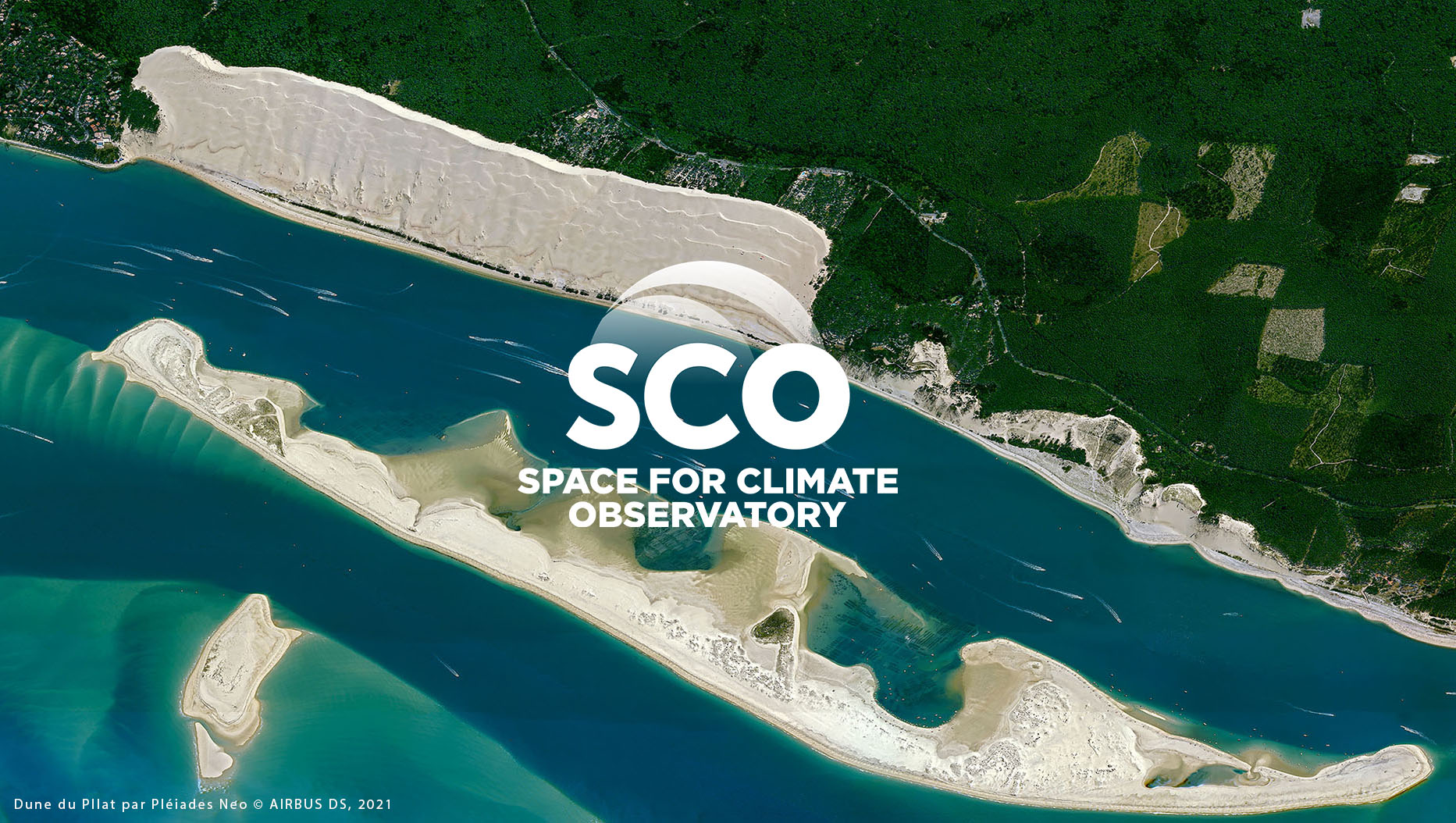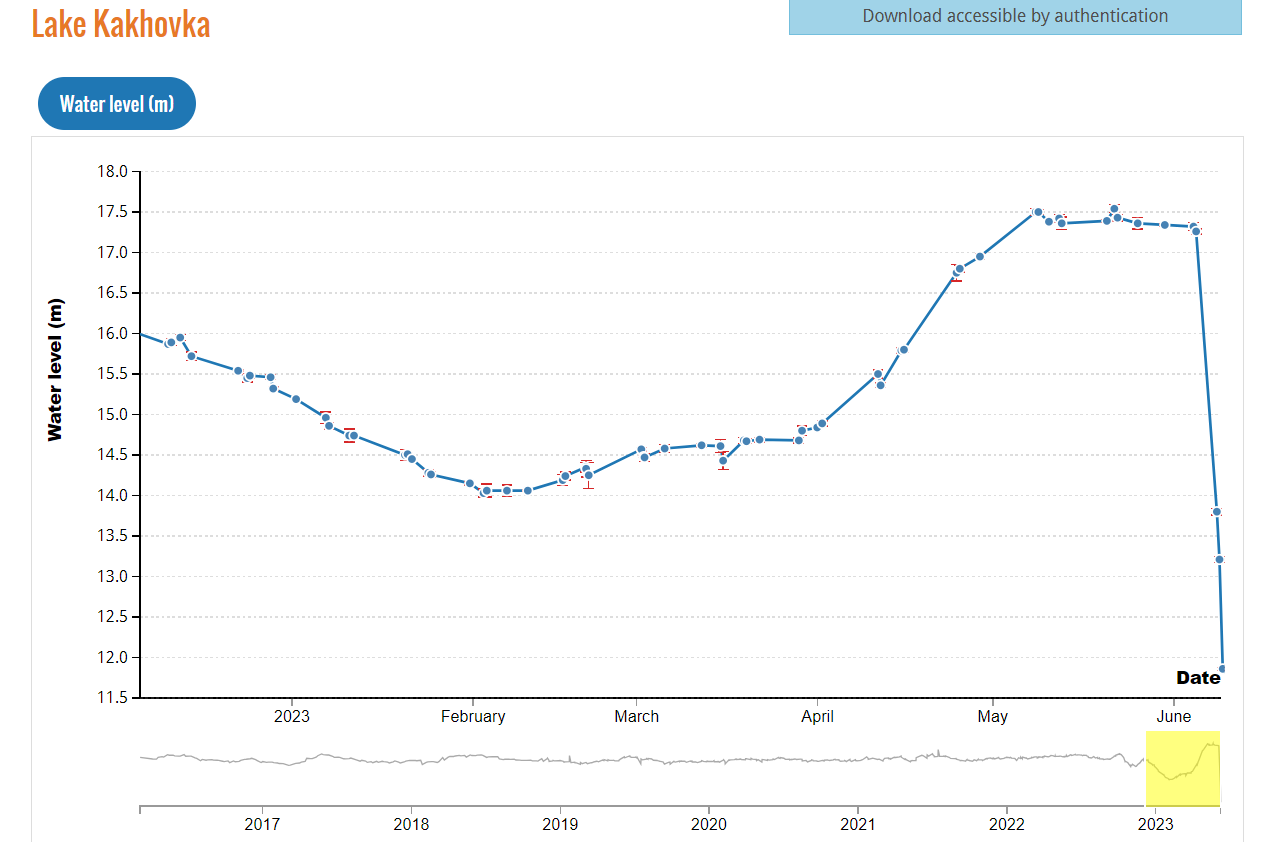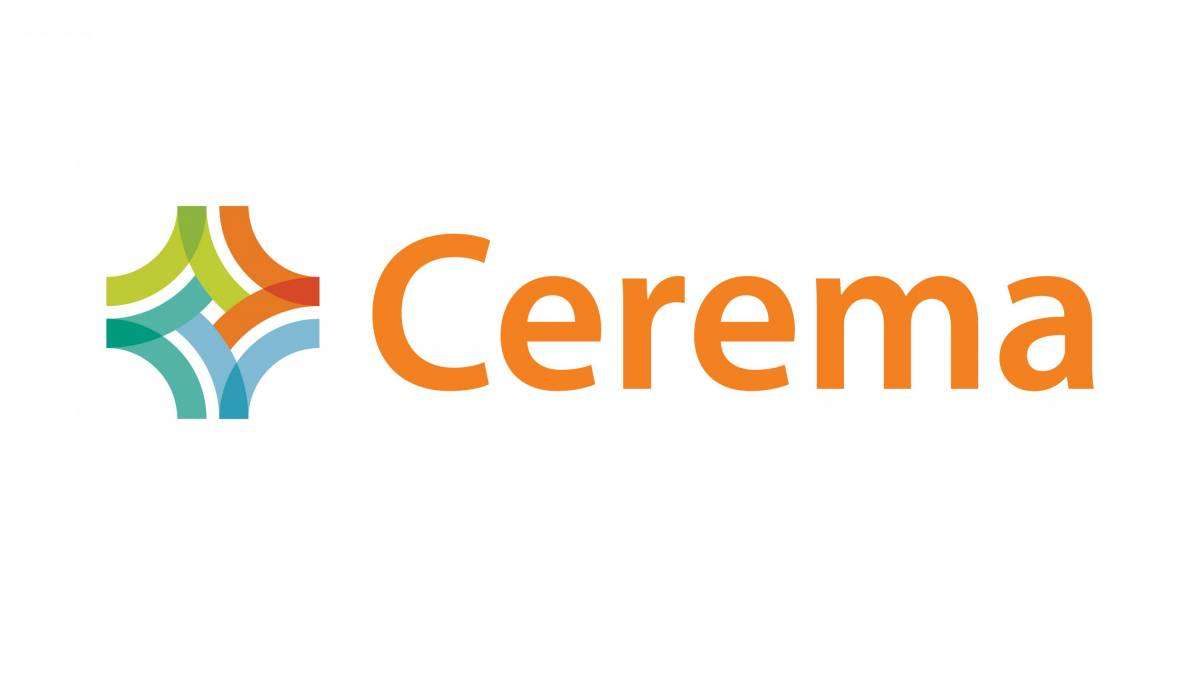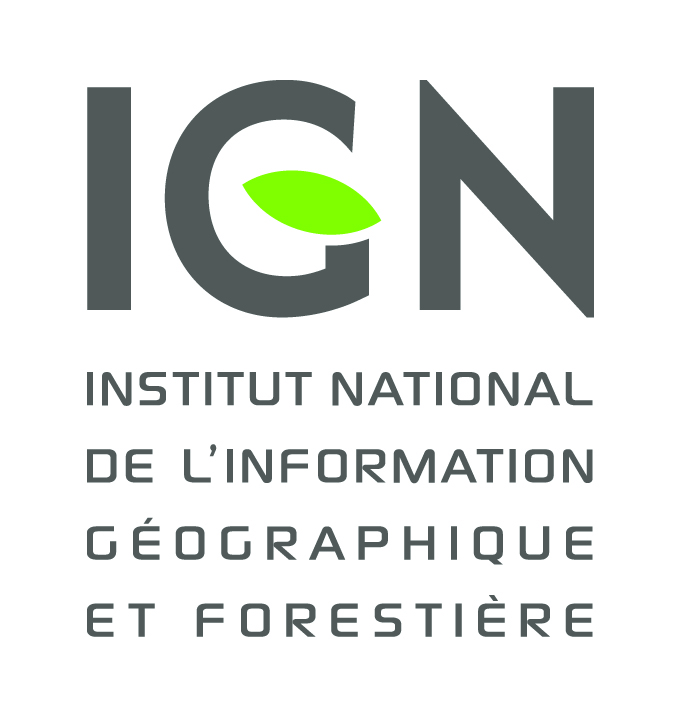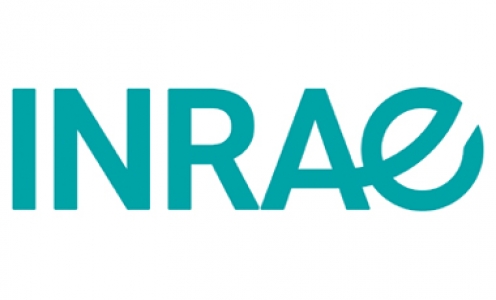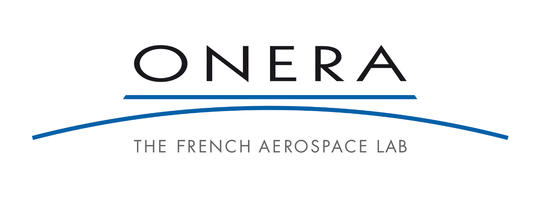Job Position: Data Analyst to operationalize Biodiversity indicators using Earth Observation satellites information

INRAE is France’s new National Research Institute for Agriculture, Food and Environment, created on January 1, 2020, It was founded by the merger of INRA, the National Institute for Agricultural Research, and IRSTEA, the National Research Institute of Science and Technology for the Environment and Agriculture. The organization is bringing together a working community of 12,000 people, with more than 200 research units and 42 experimental units located throughout France. INRAE is one of the world’s leading institutions in agricultural and food sciences, plant sciences and environmental
sciences. Its research aims to develop solutions oriented to improve life, humans, and the Earth that uncovers our most pressing concerns.
MISSION
You will be based at the UMR TETIS (Territoires, Environnement, Télédétection et Information Spatiale) in Montpellier, South of France. The lab is part of the “Maison de la Télédétection”, the Integrated Unit TETIS has access to heavy computing resources (storage, high-performance computing) and software used for research and building capacity and teaching activities (GIS, image processing, statistics, etc.). TETIS also produces and/or contributes to numerous IT developments of various kinds and sizes: modelling platforms (generic spatial modelling, crop models, radiative transfer models, etc.), data mining applications, multi-sensor image processing chains, GIS plugins, data distribution portals, observatories.
Background: Maintaining and improving the integrity and biodiversity of natural ecosystems is vital for achieving the EU biodiversity strategy for 2030, Sustainable Development Goals (SDGs), and Kunming-Montreal Global Biodiversity Framework. Monitoring progress towards the achievement of the global biodiversity targets requires further development of the adopted monitoring framework and the operationalization of indicators from global to regional level. Biodiversity indicators allow for consistent monitoring of the state of biodiversity, evaluation of the condition of the ecosystems, the services they provide and the drivers of change. The Group on EO Biodiversity Observation Network (GEO BON) has developed a framework for an integrated biodiversity monitoring system under the general concept of Essential Biodiversity Variables (EBVs), and remote sensing (RS) has been proposed as a flagship tool to monitor biodiversity through RS-based EBVs. Within this framework, we work with CNES, France (Centre National d’Etudes Spatiales), on a joint Flagship Action of biodiversity and vulnerable ecosystems to advance Earth System Science and its responses to the global challenges on biodiversity monitoring.
Job Summary: We are seeking a highly skilled and experienced Data Analyst Expert who will be responsible for managing remote sensing data and set up analysis ready data for subsequently artificial intelligence (AI) based analysis to support biodiversity applications. The successful candidate will work closely with a team of researchers and Engineers to develop a data cube for analyzing spatial and temporal data on biodiversity monitoring and trends. This position requires experience in multidimensional data management, processing, analysis and visualization. Previous experiences in remote sensing data management and analysis will be much appreciated.
Key Responsibilities:
- Collaborate with an interdisciplinary team of researchers to design and implement biodiversity Data Cube for ecosystem monitoring
- Organize and manage large and complex remote sensing datasets
- Develop Xarray tools that will allow spatial and temporal analysis of biodiversity related variables
- Create query tools to inquiry data in visual/spatial (e.g. maps, graphs) or tabular form.
Qualifications :
- Master’s or PhD in computer science, data science, remote sensing or related fields
- Proficiency in python Experience with OLAP software, knowledge of MDX syntax, experience with Xarray tools.
- Experience with remote sensing data processing software (e.g. GDAL, RasterIO, etc) and specifications (e.g. STAC)
- Familiarity with biodiversity concepts and ecological research methods will be much appreciated but not mandatory
- Excellent analytical, problem-solving, and communication skills
- Ability to work independently and as part of a team
If you are passionate about biodiversity research, you have experience in remote sensing data analysis, and you have a strong background in multidimensional data management, we encourage you to apply for this exciting opportunity.
Details
• Location: UMR TETIS Montpellier, South of France
• Contract type: full time temporary position 12 months, as INRAe (salary according to
experience. (aprox. Brut (incl. benefits)) 4500 – 3100 EUR/month)
• Expected start date: October 1st 2023
Application
• Before June 30th 2023
• Send CV and cover letter to Sandra LUQUE (sandra.luque@inrae.fr) via electronic mail
VOTRE MISSION ET VOS ACTIVITÉS
You will be based at the UMR TETIS (Territoires, Environnement, Télédétection et Information Spatiale) in Montpellier, South of France. The lab is part of the “Maison de la Télédétection”, the Integrated Unit TETIS has access to heavy computing resources (storage, high-performance computing) and software used for research and building capacity and teaching activities (GIS, image processing, statistics, etc.). TETIS also produces and/or contributes to numerous IT developments of various kinds and sizes: modelling platforms (generic spatial modelling, crop models, radiative transfer models, etc.), data mining applications, multi-sensor image processing chains, GIS plugins, data distribution portals, observatories.
Background: Maintaining and improving the integrity and biodiversity of natural ecosystems is vital
for achieving the EU biodiversity strategy for 2030, Sustainable Development Goals (SDGs), and
Kunming-Montreal Global Biodiversity Framework. Monitoring progress towards the achievement of
the global biodiversity targets requires further development of the adopted monitoring framework
and the operationalization of indicators from global to regional level. Biodiversity indicators allow for
consistent monitoring of the state of biodiversity, evaluation of the condition of the ecosystems, the
services they provide and the drivers of change. The Group on EO Biodiversity Observation Network
(GEO BON) has developed a framework for an integrated biodiversity monitoring system under the
general concept of Essential Biodiversity Variables (EBVs), and remote sensing (RS) has been proposed
as a flagship tool to monitor biodiversity through RS-based EBVs. Within this framework, we work with
CNES, France (Centre National d’Etudes Spatiales), on a joint Flagship Action of biodiversity and
vulnerable ecosystems to advance Earth System Science and its responses to the global challenges on
biodiversity monitoring.
Job Summary: We are seeking a highly skilled and experienced Data Analyst Expert who will be
responsible for managing remote sensing data and set up analysis ready data for subsequently artificial
intelligence (AI) based analysis to support biodiversity applications. The successful candidate will work closely with a team of researchers and Engineers to develop a data cube for analyzing spatial and
temporal data on biodiversity monitoring and trends. This position requires experience in
multidimensional data management, processing, analysis and visualization. Previous experiences in
remote sensing data management and analysis will be much appreciated.
Key Responsibilities:
- Collaborate with an interdisciplinary team of researchers to design and implement biodiversity Data Cube for ecosystem monitoring
- Organize and manage large and complex remote sensing datasets
- Develop Xarray tools that will allow spatial and temporal analysis of biodiversity related variables
- Create query tools to inquiry data in visual/spatial (e.g. maps, graphs) or tabular form.
Qualifications :
- Master’s or PhD in computer science, data science, remote sensing or related fields
- Proficiency in python Experience with OLAP software, knowledge of MDX syntax, experience with Xarray tools.
- Experience with remote sensing data processing software (e.g. GDAL, RasterIO, etc) and specifications (e.g. STAC)
- Familiarity with biodiversity concepts and ecological research methods will be much appreciated but not mandatory
- Excellent analytical, problem-solving, and communication skills
- Ability to work independently and as part of a team
If you are passionate about biodiversity research, you have experience in remote sensing data
analysis and you have a strong background in multidimensional data management we encourage you to apply for this exciting opportunity.
Details
• Location: UMR TETIS Montpellier, South of France
• Contract type: full time temporary position 12 months, as INRAe (salary according to
experience. (aprox. Brut (incl. benefits)) 4500 – 3100 EUR/month)
• Expected start date: October 1st 2023
Application
• Before June 30th 2023
• Send CV and cover letter to Sandra LUQUE (sandra.luque@inrae.fr) via electronic mail



